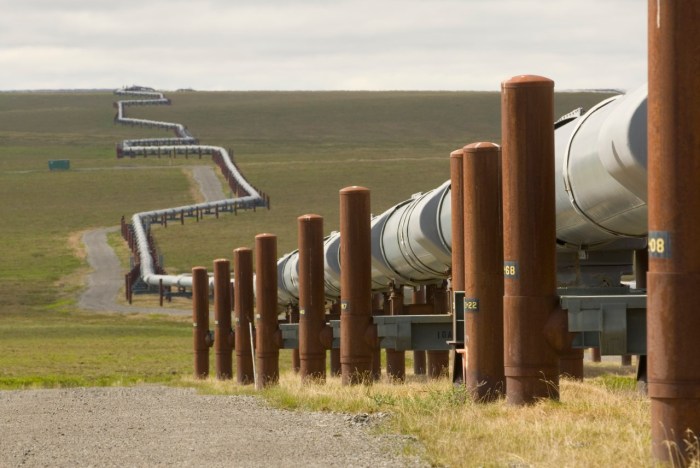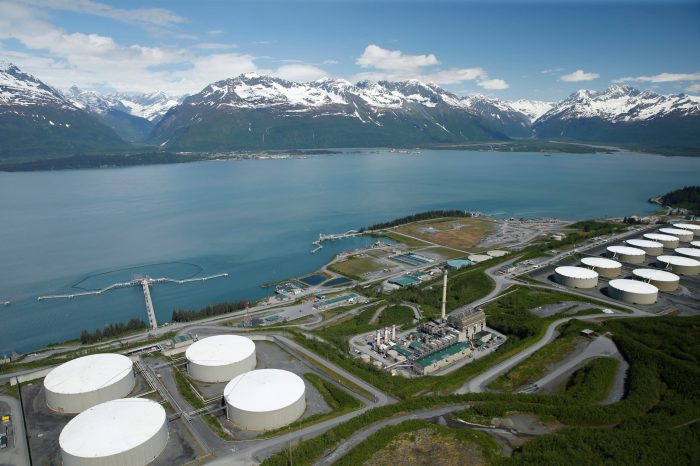The legal dispute between Totem Marine and Alyeska Pipeline, known as Totem Marine v. Alyeska Pipeline, has significant implications for maritime law, environmental protection, and industry best practices. This case highlights the complex legal and practical challenges involved in navigating the intersection of maritime commerce and environmental concerns.
The case arose from a collision between a Totem Marine barge and an Alyeska Pipeline in Prince William Sound, Alaska, resulting in a substantial oil spill. The legal battle that ensued tested the limits of maritime liability, admiralty jurisdiction, and the responsibility of vessel operators and pipeline companies for environmental damage.
Case Overview
The legal dispute between Totem Marine and Alyeska Pipeline arose from a collision between the Totem Ocean tugboat and an Alyeska Pipeline oil tanker in Prince William Sound, Alaska, in 2015.
Totem Marine claimed that the tanker was negligent in its operation, while Alyeska Pipeline argued that the tugboat was solely responsible for the accident.
Legal Arguments
Totem Marine based its claim on maritime negligence, alleging that the tanker failed to maintain a proper lookout, violated navigational rules, and failed to take evasive action.
Alyeska Pipeline countered that the tugboat was operating recklessly and failed to follow established safety protocols.
Procedural History
The case was initially filed in federal court in Alaska. After a bench trial, the court found Alyeska Pipeline liable for 50% of the damages.
Both parties appealed the decision, and the Ninth Circuit Court of Appeals affirmed the lower court’s finding of negligence but reversed the apportionment of damages, holding that Totem Marine was 75% liable.
Maritime Law Implications
The case has significant implications for maritime law and admiralty jurisdiction.
The ruling clarifies the liability of vessel operators and pipeline companies in cases of collision.
Environmental Impact

The case raises concerns about the potential environmental impacts of oil spills in sensitive marine ecosystems.
The outcome of the case may influence industry practices and regulations aimed at preventing future incidents.
Industry Best Practices
The incident highlights the importance of industry best practices in preventing maritime accidents.
Recommendations include enhanced communication, improved navigation systems, and increased training for vessel operators.
Case Significance

The case is a landmark ruling that has far-reaching implications for the maritime industry and beyond.
It sets a precedent for liability in collision cases and emphasizes the importance of environmental protection and safety measures.
Helpful Answers: Totem Marine V. Alyeska Pipeline
What was the primary legal issue in Totem Marine v. Alyeska Pipeline?
The primary legal issue was determining the liability of the vessel operator and the pipeline company for the oil spill, considering the complex interplay of maritime law and admiralty jurisdiction.
How did the case impact maritime law?
The case clarified the scope of liability for vessel operators and pipeline companies in maritime incidents, setting important precedents for future cases involving oil spills and environmental damage.
What are the key industry best practices that could have prevented the incident?
Enhanced communication and coordination between vessel operators and pipeline companies, improved navigation systems, and regular maintenance and inspection of pipelines are among the key best practices that could have mitigated the risks.